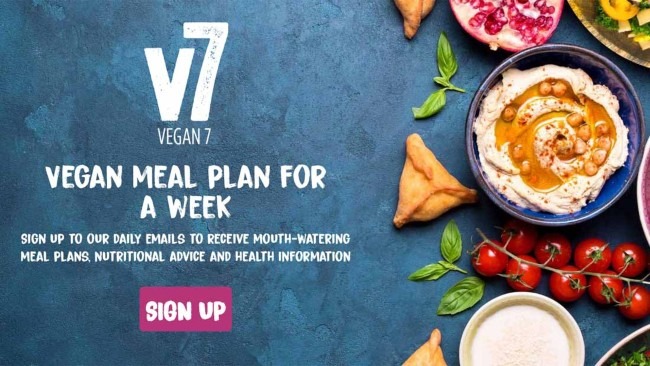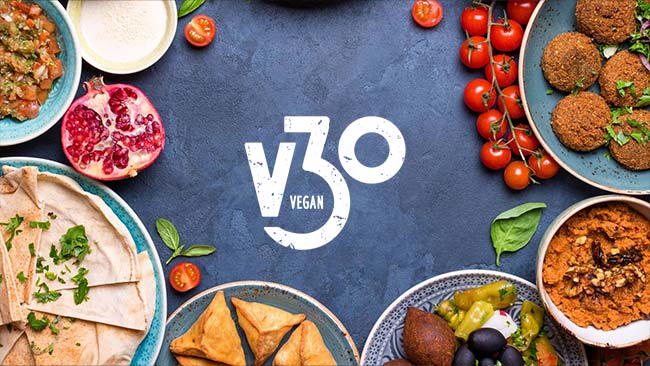Acne

Your skin is a good indicator of what’s happening in your body. Hormonal changes can contribute to acne a great deal which is why it’s so common in teenagers.
Higher hormone levels can increase oil production in the skin and also make skin cells divide faster. As a result, skin cells may block the opening of oil glands in the skin, the oil is stuck and acne develops. The problem is made worse if there is a bacterial infection and the area becomes inflamed.
A recent study investigating the relationship between milk, dairy products and acne in young people found that milk and dairy product consumption greatly increased the likelihood of acne (Juhl et al., 2018). Having a glass of milk daily increased the risk by 41 per cent. And a similar study, also analysing data from several countries, was in total agreement (Aghasi et al., 2019)
Research on adult acne and diet revealed that the worst offenders for acne-prone skin are fatty and sugary foods, milk and sweet drinks (Penso et al., 2020).
Body-builders and athletes who use whey (milk) protein powders and supplements tend to suffer from acne (Silverberg, 2012; Simonart, 2012). When they stop using whey powders, acne either disappears or is much more treatable.
All these studies agree that milk consumption increases the levels of several hormones in the body and their higher levels are likely to cause acne by overstimulating the skin.
Going dairy-free is not just a healthy choice, it’s also an ethical and sustainable one. If you’re used to meals based around meat and dairy, the idea of a plant-based diet may be daunting but we’re here to help make it super easy!
Sign up to our daily emails for a week to receive mouth-watering meal plans, nutritional advice and health information.
If you want to try it for a month, sign up to 30 days of delicious vegan recipes, tips and product info… all free!
All about dairy
Find all the above and more in Viva!’s ground-breaking resources:
An eye-opening guide Why You Don’t Need Dairy– presenting information on health, animals and the environment in an easy-to-read format.
A practical guide on how to cut dairy out of your diet and all you need to know to live a healthy and delicious dairy-free life: Everyone’s Going Dairy-Free
If you want to know more about dairy and your health and explore what scientific studies have to say, see the in-depth report White Lies






